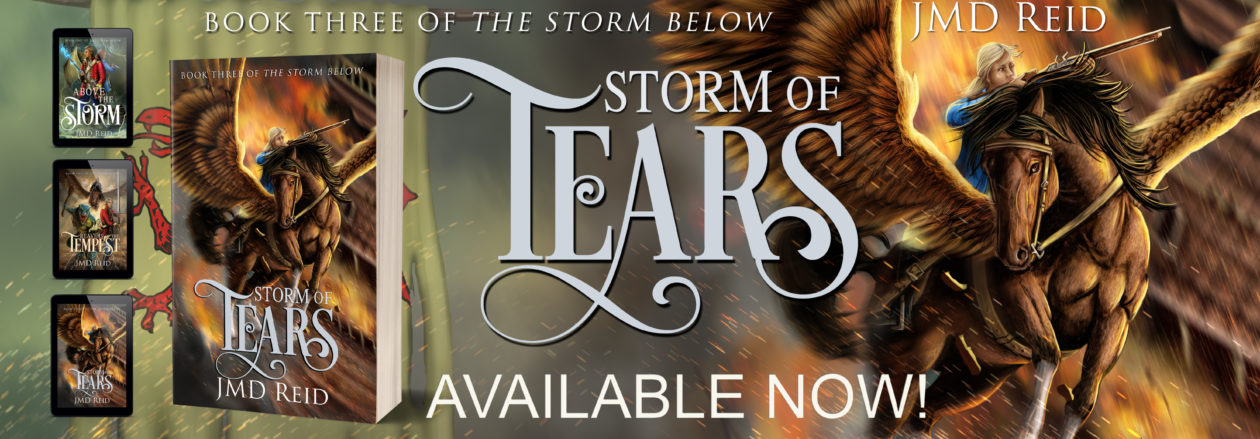Killing your Characters or Writers are Monsters
In the latest novel I’m writing, Reavers of the Tempest (Book Two of the Storm Below), I came to the point where I killed a major character. I was torn up inside. I grieved for this fictitious person even as I wrote the words that condemned the character to death. I felt like a complete monster. I felt real guilt in the moment of writing.
For me, the characters I write are almost real people. I think about them, putting myself into their heads. I have to believe they’re real so I can capture their personalty. My characters are almost my friends, or at least casual co-workers.
And then you come to that point where you kill them. You have to harden your heart. You have to set aside the care you feel for this imaginary character and thrust the dagger into their backs. And then you have to write their deaths. You have to get into their minds and experience the loss and fear all for the service of your story.
Because that’s why you’re killing the character. For the story. After breathing life to this fictitious person, you lead them into circumstances and pull the rug out from under them. They lose all those dreams and hopes, their plans for the future. It all ends abruptly because you have a story to tell.
To be a writer, you have to be a little monstrous. You have to be willing to put your imagination into the darkest parts of life and humanity. As William Faulkner put it, “In writing, you must kill all your darlings.” You need to be prepared to do what it takes for the service of your story. You can’t flinch. You have to harden your heart and plunge the dagger into your character’s back even if they don’t deserve it.
Even though I felt like a monster for killing my characters, I’m sharpening my knife. The story must be satisfied. I cannot flinch. Without risk and conflict, a story is a limp, boring affair.
